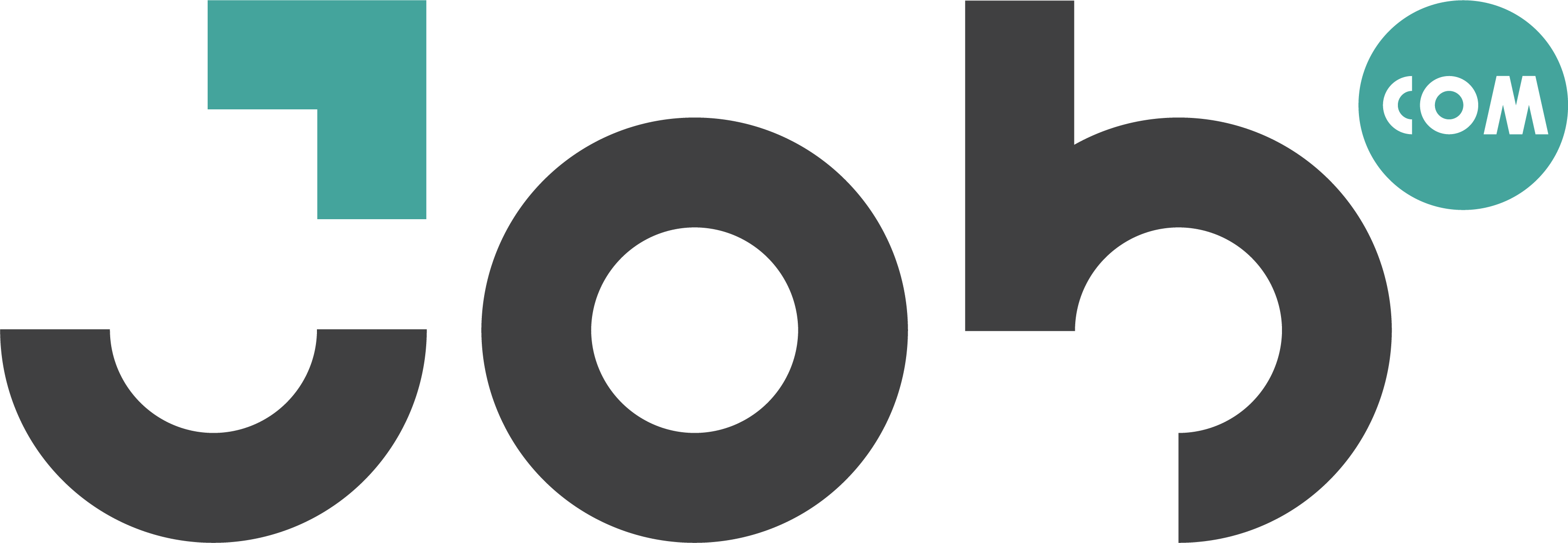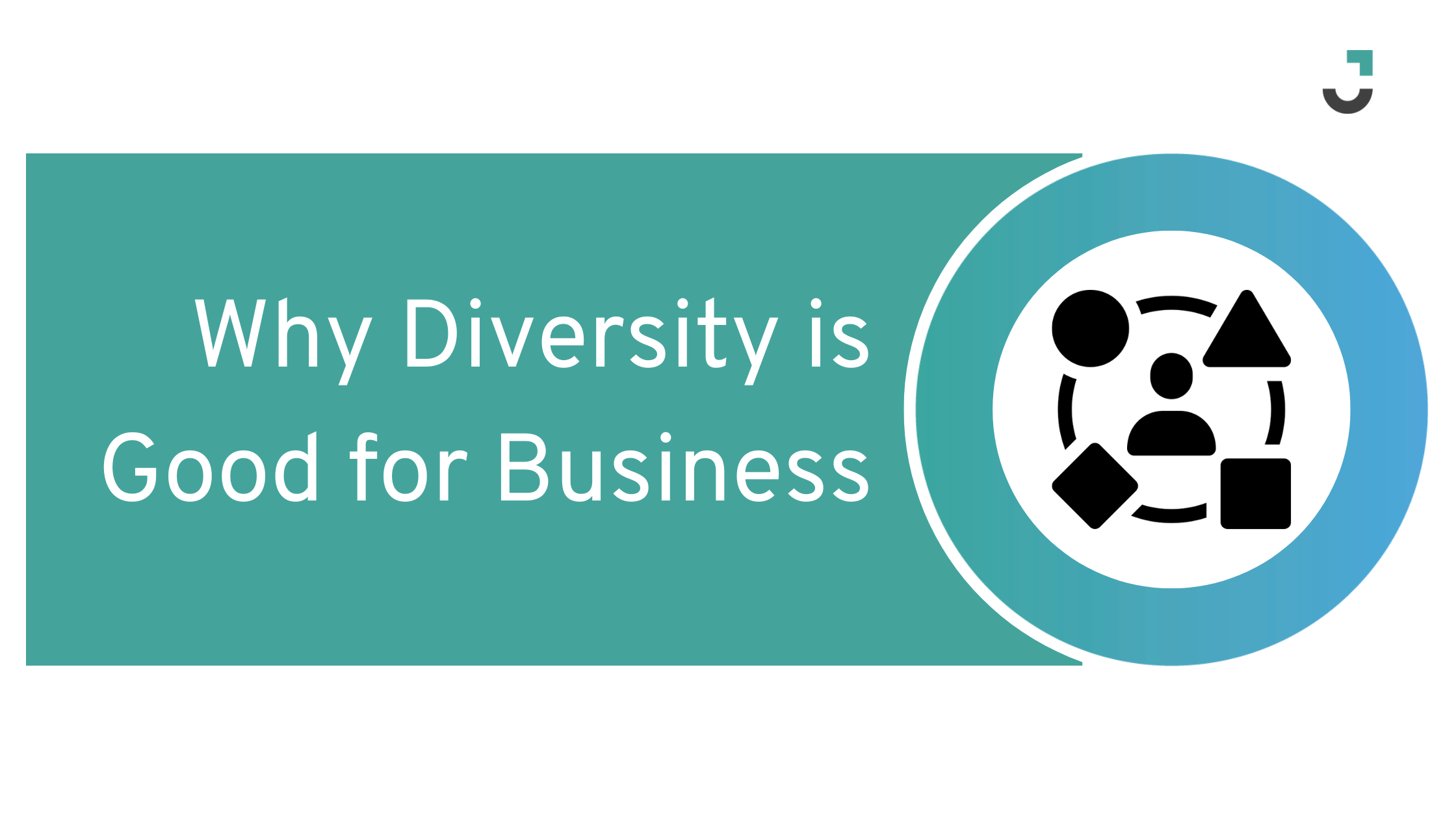an Interview with Arran Stewart
Can you share a bit of your “backstory” with us?
Asa happily married man with five children, my family is by far my greatest achievement. I was born and raised in a town called Luton in the UK. However, my family and I moved to the USA in 2017 and turned Austin, Texas into our home.
For the past 15 years, I’ve worked in the Recruitment Technology industry. My passion, and Job.com’s mission, is to help as many people feed their families and pay their bills as possible. I love what I do and look to use technology throughout the hiring process in order to remove friction and make it easier for people to get hired.
Can you share the funniest or most interesting story that happened to you since you started your career? Can you tell us the lesson or take away, you took out of that story?
In 2015, I had a humbling experience while working to raise money for Job.com. I’ve spent a lot of time raising money and my role has often been to be the presenter. At the time, I was looking to raise major capital from the global investment market and was invited to travel to LA to give a presentation to a group of foreign investors who were meeting me there.
This was my first time doing an investment presentation to international investors and I was nervous to say the least. I arrived at the venue and was greeted by two well-dressed and extremely articulate individuals, whose English was perfect. I remember thinking how impressive it was that these foreign investors spoke English so well — it even made me reflect on my own ability to speak other languages.
Not wanting to waste any time, I jumped straight into my pitch and presentation, being sure to give it my all in order to convince these investors that Job.com was worth investing in. We went through the presentation quite quickly and the two investors were incredibly positive with both expressing positive words and body language. In my mind, I felt it was a great success and some sort of funding was in the bag.
When I got to the end of my presentation and asked the two investors what the next steps were, they both looked at me with some level of confusion and responded that the “next steps were to give the presentation to the investors.” Needless to say, I was completely confused and asked what they meant.
It turned out that the two well-spoken, well-dressed investors I thought I was talking to were actually the interpreters who were hired to translate for me. I was so embarrassed, and it was such an eye-opening experience. The biggest lesson that I learned from this was to always qualify who you’re talking to and what their role is, before you do or say anything (especially before you give a presentation!).
Can you please give us your favorite “Life Lesson Quote”? Can you tell us a story about how that was relevant in your own life?
I actually heard this life lesson quote much later in my career, but as of late I find it more relevant than ever — especially when it comes to my focus. The quote is simple, but powerful: “if it’s to be, it’s down to me.”
A really great work colleague and friend told me this, Bill Klehm. It resonated really strongly with me as I’m sure we’re all guilty of waiting for things to sometimes magically work out in our lives, but the reality is, in pretty much all cases, we make our own destiny and outcome.
None of us are able to achieve success without some help along the way. Is there a particular person who you are grateful towards who helped get you to where you are?
I have far more than one person that has helped me get to where I am — it’s been several people and I’d like to take a moment to thank all of them: Lester O’Halloran, Paul Sloyan, Chris Smith, Tony Gerone, Keegan Caldwell and of course my wife, Jemma Stewart.
What do you think makes your company stand out? Can you share a story?
We look at things differently — our mission is to help as many people feed their families and pay their bills as possible. We build our strategy around achieving this goal and it leads to a few outcomes: it creates a strong culture in the business, helps us drive product that is designed to put the users’ needs at the heart of it, and lastly, because our intentions as a business are pure, it’s the driver of our success.
Are you working on any new or exciting projects now? How do you think that might help people?
We are constantly working on creating the most frictionless process for driving successful hires in the workplace. We obsess over this and its key to helping people find the best opportunities in their careers.
How have you used your success to bring goodness to the world?
I believe my job and career with the business is centered around bringing goodness to the world because we help people do one of the most important things in their careers and lives: find good opportunity. It’s why I love what I do so much.
Ok. Thank you for that. Let’s now jump to the main part of our interview. This may be obvious to you, but it is not intuitive to many people. Can you articulate to our readers five ways that increased diversity can help a company’s bottom line. (Please share a story or example for each.)
1. Better internal knowledge of the customer base. With a lack of diversity, creating products and services to represent your customer base can be difficult. It requires a diverse team to make sure a business represents its customer base. Diverse companies give themselves a competitive advantage by having a more inclusive workforce geared towards delivering more inclusive products and services.
2. Employee Knowledge Base. The saying two heads are better than one is true, but what if those two minds think completely alike? Is it still better? Increasing your diversity, culture, and viewpoints is essential for making sure your company has a broader knowledge base.
3. Customer Confidence. What customer wants to buy from a company with a closed-minded mentality and a lack of inclusiveness? No one. Customers buy values of a business and diversity is a clear demonstration of that.
4. Culture. Culture is the key to a successful company and diversity is a major culture builder — it’s one of the core roots to a company’s long-term success.
5. A larger hiring pool. Why limit a company to only hiring a certain type of employee? There is a plethora of great talent within the BIPOC community, which offer further continued strategic hiring opportunities.
What advice would you give to other business leaders to help their employees to thrive?
Lead from the front — people look for inspiration and leadership. Leading is not based on telling people what to do, but instead showing them by being an example they can get behind and even feel motivated to follow your lead.
What advice would you give to other business leaders about how to manage a large team?
Get personal with your team (appropriately and professionally of course). People and individuals matter, no matter how big the team is. Make sure you make time for even the most junior person in that group and know something about them and what they’re doing. It’s important that the entire team feels connected to leadership.
We are very blessed that some of the biggest names in Business, VC funding, Sports, and Entertainment read this column. Is there a person in the world, or in the US whom you would love to have a private breakfast or lunch with, and why? He or she might just see this :-)
Julie Sweet, she’s a CEO and I would love to pick her brain just to understand her view of the future of business, emerging tech, and economies.
Original Interview Found Here
Original Author:
Arran Stewart, Chief Visionary Officer and Co-founder of Job.com
Fotis Georgiadis, Authority Magazine
Job.com is a digital recruitment innovator with a unique perspective: Delivering technology and capabilities that shake up the market by bringing together a data-driven approach based in AI and machine learning with high-level, human-capital-delivered solutions, designed to efficiently attract and retain the right talent and provide consumer-level user experiences throughout the hiring process.


